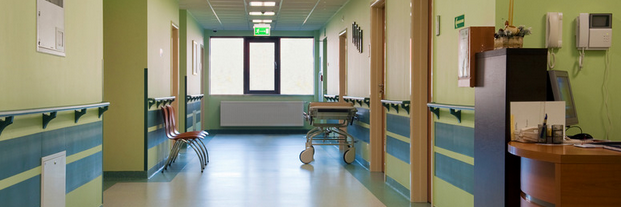23rd February 2021

Findings of a Scottish Government survey of residential rehabilitation services show that there are 418 beds available for the treatment of both drug and alcohol addiction in Scotland.
All 20 of the facilities surveyed replied – 16 said they provided residential treatment for both alcohol and drug addiction, three provided treatment for drugs only and one for alcohol only.
The survey was commissioned to follow up on a report published by the Residential Rehabilitation Working Group last year to gain a better understanding of the placements available. The working group made nine main recommendations on how services could be improved all of which have now been reviewed and accepted by the Scottish Government.
Among the recommendations are:
- ensuring equitable access across the country
- developing a clear understanding of need, demand and capacity for services
- adopting a standardised approach to services to support good practice
More than £100 million has been allocated by the Scottish Government for improving and increasing the provision of residential rehabilitation over the next five years.
Minister for Drugs Policy Angela Constance said:
“I am grateful to Dr David McCartney and the members of the Residential Rehabilitation Working Group Report for their time and commitment towards producing the recommendations. I am also delighted that Dr McCartney has agreed to Chair a newly convened Working Group advising Scottish Government on the implementation of the recommendations.
“Both the survey and the report identify a number of areas where we can do more, including addressing the constraints faced by services as a result of the pandemic and improving facilities for women who require childcare. I will be guided every step of the way by the experience of people whose lives have been touched by drug use and the front line services who support people.
“To save and improve lives we will support more people into treatment and make it easier to access both community services and residential rehabilitation. We know that following any type of treatment, after-care is also crucial. We have already allocated money to our grass roots and third sector organisations to make sure the right support is available within our communities at the right time, tailored towards the needs of each individual and their families.”
